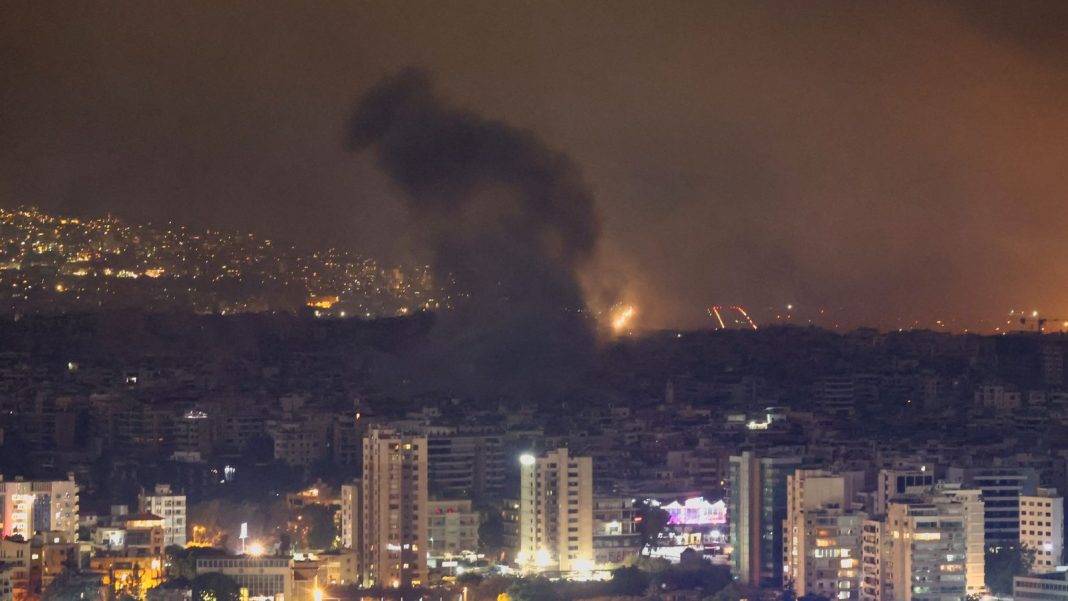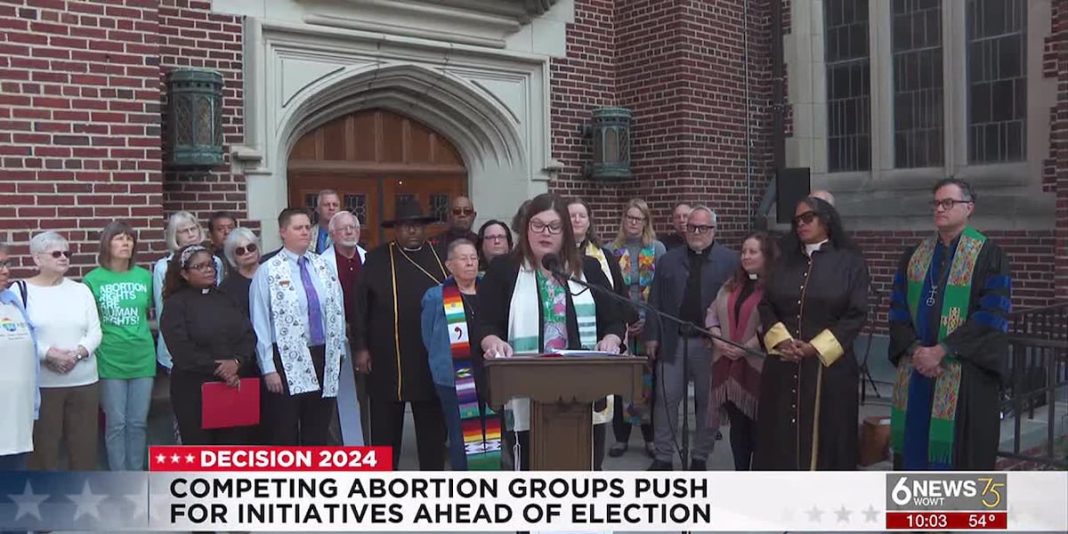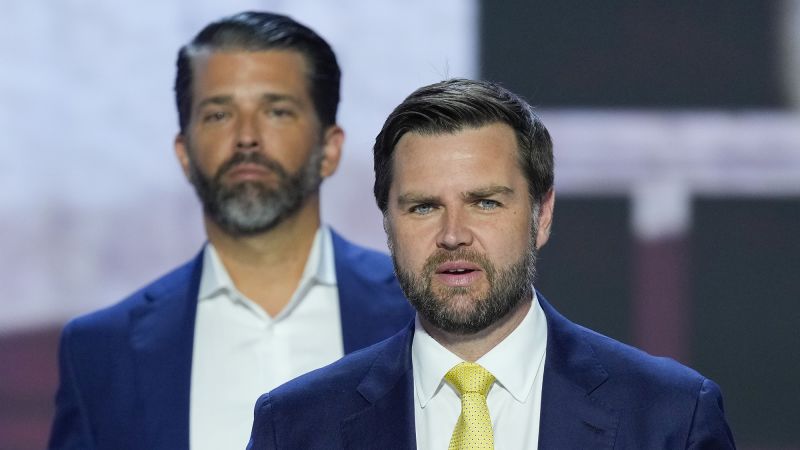A Year After the Unthinkable: Reflections on a Crisis That Changed Everything
By Mark Stone, US Correspondent
A year ago, the world watched in shock as events unfolded in the Middle East, leaving many grappling with the enormity of what had just happened. As I stood in the White House, the weight of expectation loomed large—how could we make sense of this chaos? Questions swirled: How did it happen? Why did it happen? And perhaps most importantly, what comes next?
In those early hours, I reached out to friends on the ground, hoping to gain insight into the turmoil. One of my first calls was to an Israeli friend in Jerusalem. His voice trembled with fear as he uttered a phrase that would resonate deeply: "This is our 9/11." The gravity of his words struck me hard. For him, the events unfolding were reminiscent of the darkest days in history, a moment that would leave an indelible mark on the nation.
Meanwhile, I connected with a friend in Gaza, who shared a different perspective. "We are praying for this to end," he said, referring to the Israeli aerial bombardments that had already begun. His tone was filled with a mix of desperation and hope, a stark reminder that in times of conflict, the human experience is often shared, even across borders.
As I continued to reach out, I spoke with a close colleague who has dedicated his life to covering the Middle East. His predictions were grim, echoing the sentiments of those I had already spoken to. The fear and bewilderment were palpable, a collective anxiety that seemed to hang in the air like a thick fog.
In another conversation, I received a sobering reflection from a key figure within a Middle Eastern government. "Disaster honestly. We’re in for a long one," he said, encapsulating the sense of dread that permeated discussions about the future. It was clear that the ramifications of the crisis would extend far beyond the immediate violence, affecting countless lives and shaping the geopolitical landscape for years to come.
As we look back on the past year, it’s essential to understand the broader context of these events. The conflict has roots that run deep, intertwined with historical grievances, political strife, and a cycle of violence that seems unbreakable. The international community has struggled to respond effectively, often caught in a web of competing interests and narratives.
The human cost of this conflict is staggering. Families have been torn apart, communities devastated, and lives lost. Yet, amidst the chaos, there are stories of resilience and hope. People on both sides continue to strive for peace, seeking a way to bridge the divide that has kept them apart for so long.
As we reflect on this tumultuous year, it’s crucial to remember that behind the headlines and statistics are real people—individuals with dreams, fears, and a desire for a better future. The journey ahead may be long and fraught with challenges, but the hope for peace remains a powerful force that can drive change.
In the coming weeks and months, we must continue to listen, learn, and advocate for those affected by this crisis. The world cannot afford to turn a blind eye; we must engage with the complexities of the situation and work towards a resolution that honors the humanity of all involved.
For a deeper dive into the ongoing situation and its implications, you can read more here.



